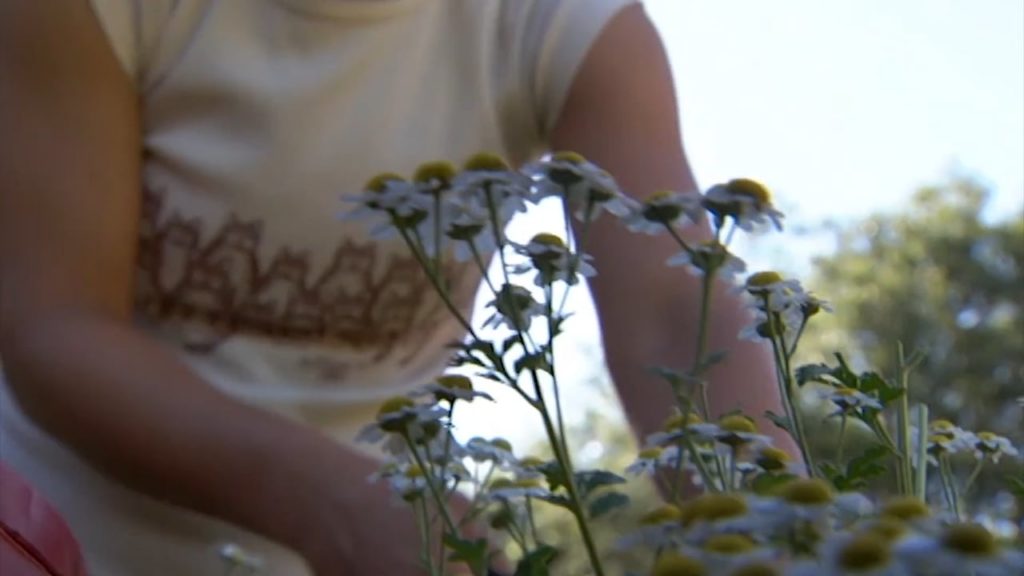Quality and Sustainability
Cultural and Ecological Sustainability
“We had an early awakening in this industry that the effect of the herbs has a lot to do with the quality not only of the herbs, but of the ecosystem and the quality of life of the people involved.” — Josef Brinckmann
In this 10-minute video, leaders from several companies discuss what they look for in sourcing medicinal herbs and why a broader definition of quality, one that includes social and ecological sustainability, is crucial.
Quality and Sustainability in the Herb Industry (video)
Non-Point Contamination
Certified organic herbs from around the world are increasingly showing up with pesticide residues. Wild collected plants from remote areas far from industry are showing up with residues as well. Non-point contamination – pesticides from unknown origin – are one of the biggest challenges facing companies sourcing organic herbs. This impacts the end consumer. It impacts the producing companies who are unable to sell organically certified materials as organic. It impacts the collectors and growers at the end of the supply chain. This video discusses what is at stake and what we can do.
Quality as Defined by Good Manufacturing Practices.
The government through the Food and Drug Administration (FDA) developed current Good Manufacturing Practices (cGMP) to help ensure that herbal products are safe. These tests increasingly set the context of quality control, not the broader definition outlined in the video. In 2011, Vitality Works, a contract manufacturing company in New Mexico, had five people in Quality Control and Assurance. By 2015, they had over twenty people working in that department. “Those people aren’t making product. They aren’t selling product,” Mitch Covin, the head of Vitality Works told us. “They are just testing and keeping track and pushing paper.”
He continued, “That’s all for the fulfillment of GMP requirements as the FDA continues to define them. It doesn’t mean you are going to have better ginkgo or cleaner product. It doesn’t mean you change your manufacturing process at all. It’s all about testing to validate what you already knew you had that you still have.”
Everyone, everywhere we visited, spoke of the added paper work, from small-scale herbal medicine makers in the US to primary processing facilities in Poland. This burden of testing and the costs involved is making it increasingly difficult for smaller companies to stay viable. This has tremendous implications for the future of the herb industry.
Next Steps
Watch Quality Control and Testing for an inside look at the specific quality control tests companies do on all the raw materials they source.



Comments